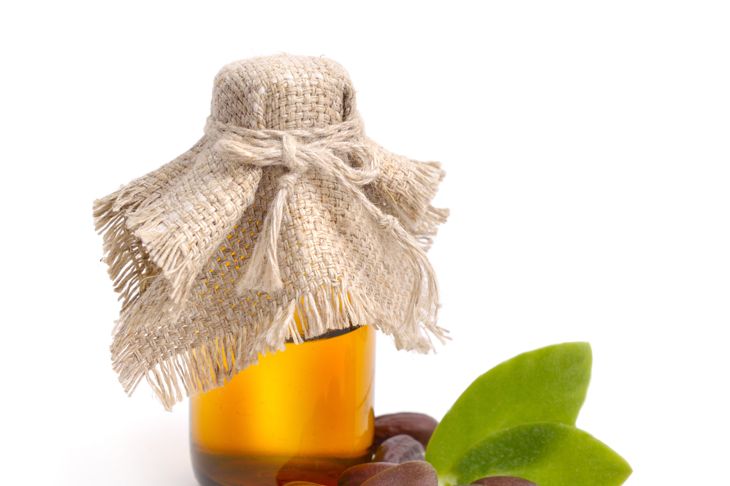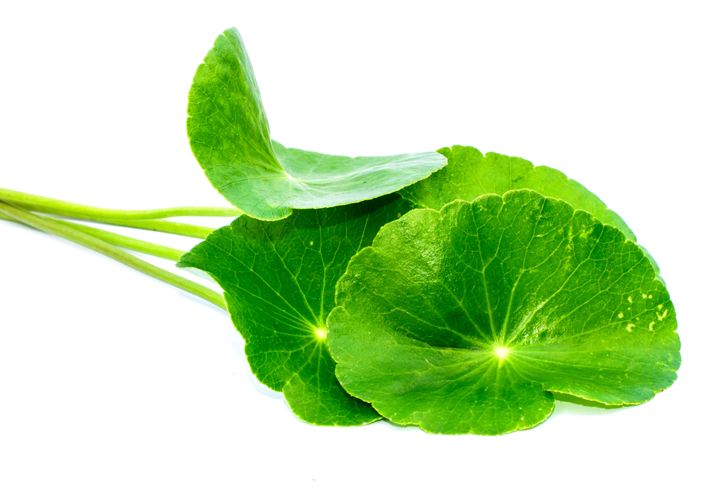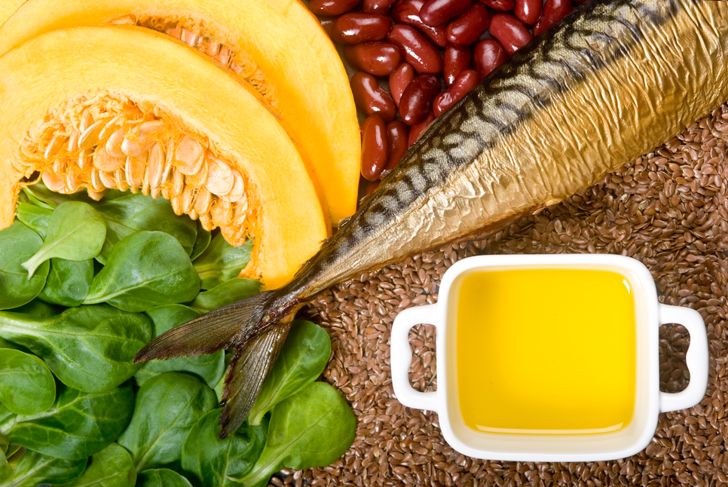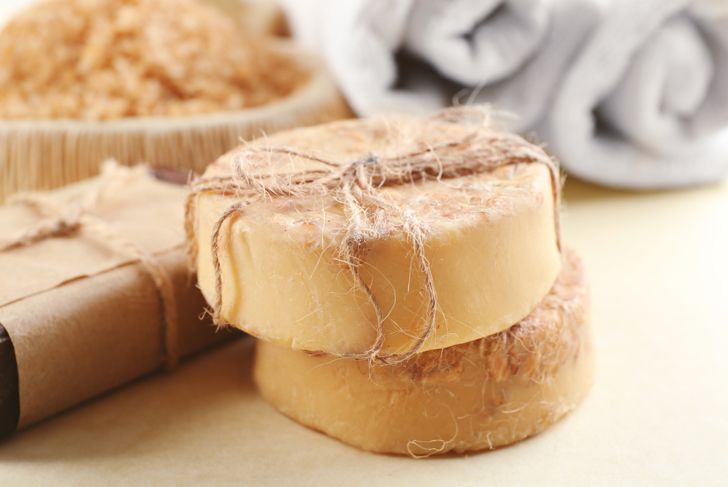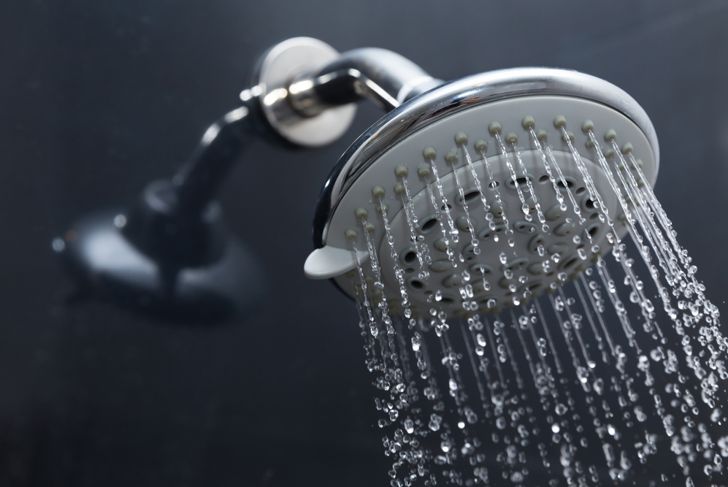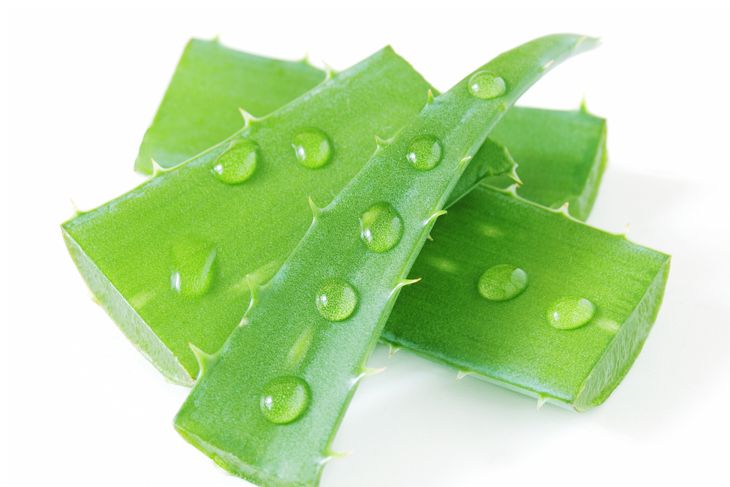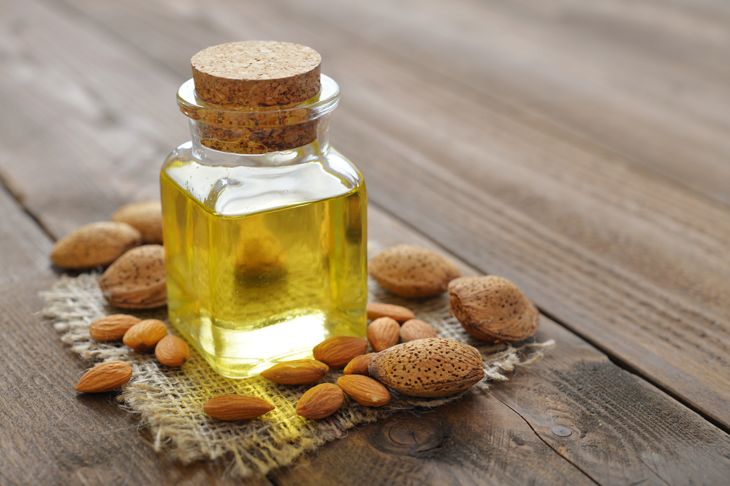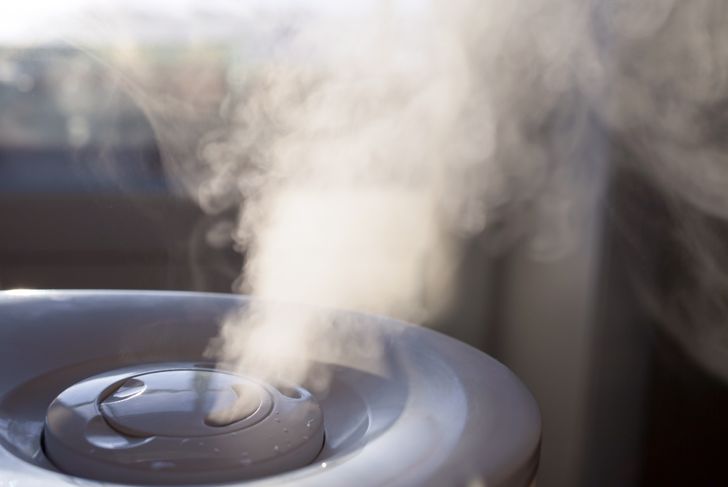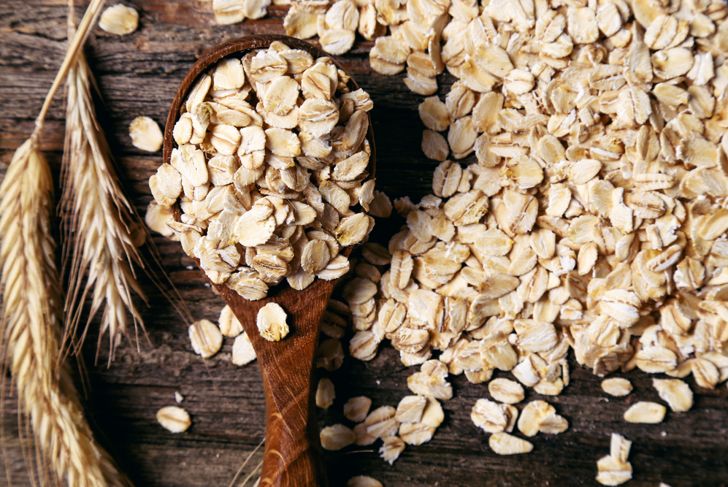No single condition creates eczema. A combination of medical conditions flare up the skin and make it dry and flaky. No matter where eczema appears on the skin, it is likely to be itchy. The affected areas will be dry and scaly. Also called atopic dermatitis, eczema shows up in families with a history of allergies. Many doctors have noticed symptoms in children. However, this condition can develop at any age. Though its exact cause is unknown, eczema is common in those with asthma and hay fever. This skin condition is triggered by the body’s overactive response to something that is irritating the immune system. You can effectively control it with some of these simple home remedies.
Jojoba Oil
Jojoba oil comes from the extract of the Simmondsia tree. You can find it in wax form, instead of a liquid. Its properties are similar to the sebum oil found in human skin. Experts believe that this similarity tricks the skin into thinking it is the natural oil the body produces. This trick enables jojoba to control excess oil production. Jojoba oil is an excellent moisturizer. It spreads over the skin with ease, absorbs well, and removes all flakiness from the affected area. If you massage it into the skin’s surface, jojoba oil goes a long way toward controlling body acne and eczema. The oil is stable and does not lose its antioxidants, even after long periods of storage.
Gotu Kola
Gotu kola (Brahmi) is considered one of nature’s most treasured herbal medicines. The herb’s ability to successfully enhance mental function has made it a highly prized plant. Apart from improving memory and function of the nervous system, Gotu kola is excellent at restoring wounds and skin conditions. Topical use of Gotu kola has a better result against eczema. Mix Gotu kola with ghee, which has an impressive penetration effect. Ghee enables the herb to reach deep inside the body tissues. As a food, it has a very mild taste. You can consume it as tea or just water. Gotu kola is popular in India and Sri Lanka, where people use it in food. They chop it finely and sprinkle it on top of rice and curries or substitute it for lettuce in salads. In Thailand, people ground it into a powder and make a cold herbal tea called Nam bai bua bok. You should check, however, for freshness and potency before consuming.
Calendula
Calendula is also called the marigold flower. It is native to Northern Mediterranean countries. The herb gets its name because it blooms with the calendar, usually every month or on each full moon. Calendula contains flavonoids, antioxidants that protect body cells from getting damaged. Over centuries, people have used flavonoids for many ailments, including eczema and other skin-related diseases. Those with eczema have shown remarkable improvement in their damaged skin within about 3 to 4 days. When you use calendula as a cream, it fights the fungi that can make eczema flare. It encourages healing when you apply it to sores and rashes.
Omega-3 Fatty Acids
The food that you consume in a regular diet is just as important for your skin as topical treatments. Both food and ointments give your skin its moisture and softness. They also have anti-aging effects. For this reason, omega-3 is an important nutrient in your diet. Omega-3 comes both from plants and animals, notably from krill and fish oil. All the health-related benefits are contributed to the animal-based variety so is considered better for the skin. Omega-3 reduces the inflammatory compounds in the body that lead to natural aging. Currently, omega-3 is ranked as the most essential natural nutrient. It is readily consumed worldwide. Omega-3 has an amazing impact on the skin. Due to the high levels of EPA and DHA, these nutrients can increase neuronal growth in the brain. It also improves blood circulation and controls how the skin looks and feels.
Natural Soaps and Shampoos
Eczema makes the surface of your skin inflamed and itchy. When you clean these areas, you should pay careful attention to skin sensitivities. This includes staying aware that most soaps contain irritating agents that can make eczema flare up. Soap dries the skin out. In such cases, you should check the gentleness and moisturizing content of soap before you apply it to your skin. Additional active ingredients, like hydroquinone, are helpful to eczema because they diminish discoloration of the skin. Some manufacturers also include aloe vera and chamomile oil to help soothe irritated skin. You should avoid soaps with plastic, parabens, or fragrances, including bubble bath solutions, foaming soaps, or skin sanitizers. Soaps that contain pine tar are a good choice for eczema. They help restore the appearance of skin by speeding up the growth of new skin cells. Pine tar soaps also can be used as shampoos to nourish the scalp.
Shorter Showers
Doctors have noted that some daily bathing rituals can do damage to the skin. Long, hot showers irritate and dehydrate your skin. They also remove the “good bacteria” that help your body fight off infection. If you deal with eczema, this can mean a flare-up. Ideally, the water temperature should be two levels below what you normally like. It should also stay at a tolerable level rather than a level that feels good to you. Your shower should be short, about 5 minutes or so. Limit the time standing under the water and apply soap only to strategic areas. After the shower, pat the body dry with a soft towel rather than rubbing it on the skin. The most vital part of your post-shower treatment is the application of a plain, fragrance-free moisturizer. You should splash it all over your body and do another application later on in the day.
Aloe Vera
You should treat eczema both inside and outside of your body. Patients get short-term relief from some of the bodily systems that aggravate eczema. However, the real solution lies in strengthening the immune system. This is the cause of this condition. The only compound that can effectively reduce eczema at the systems level is aloe vera. It is effective because you can apply it topically and eat or drink it. Aloe vera, then, can address eczema inside and outside of the body. You can apply aloe vera cream on affected skin areas after gently washing with a cleanser other than soap. Orally, aloe vera can be taken in pill form or as a juice. You can also supplement aloe vera with a balanced diet to control most of your eczema problems.
Sweet Almond Oil
People have used almond oil for treating dry skin conditions like eczema since ancient times. A number of other remedies have surfaced over the years. However, the use of sweet almond oil as a home remedy response to eczema is still effective. In addition to its benefits for skin and hair, sweet almond oil also has other advantages. It regulates cholesterol, reduces heart disease risk, protects against diabetes, promotes good colon health and encourages healthy weight. Sweet almond oil has anti-inflammatory and immunity-boosting properties as well. It is a mild oil safe enough for baby skin or skin that is highly allergic. However, doctors and experts do not recommend that you use it on your face. Present in a variety of skin moisturizers, sweet almond oil has a light texture and absorbs well into the skin.
Humidifiers
Eczema is painful and itchy. Changes in temperature can escalate a flare-up. Since we cannot control the weather that occurs in nature, many people try to control the weather inside their homes. One way to gain more indoor control is to use a humidifier. In many cases, people use a humidifier to break up congestion when someone has a cold. They also use humidifiers to cure sinus infection, flu, dry eyes, or nosebleeds caused by allergies and dry air. Humidifiers work equally well for dry skin caused by eczema. They release water into the air to increase moisture levels indoors. House temperatures should be kept comfortable and humidity levels between 45 and 55 degrees. To ensure that you are not exposing the skin to any harmful bacteria, you should clean your humidifier regularly with distilled water. Dry air in summer or winter can create a rough environment for your skin. However, a little bit of moisture in the air can change all that.
Oatmeal
Oatmeal’s anti-inflammatory properties are potent in treating eczema and the itching and irritation associated with it. Remember that a lack of oil is not always the reason that skin becomes dry. Sometimes, your skin is not retaining enough water for moisture. Oatmeal can help push back against harsh soaps, frequent washing, low humidity and cold temperatures. The saponins present in oatmeal perform natural cleansing and get rid of the dirt and dead skin from the pores. If you mix oatmeal with honey and yogurt, you will enhance its power. Both yogurt and honey have nutrients that can soothe the skin. Yogurt’s lactic acid helps remove dead skin. Its bleaching properties help clear blemishes and marks that you may see on the surface of your skin. You should focus on finding an oatmeal solution that works best for your skin.

 Home
Home Health
Health Diet & Nutrition
Diet & Nutrition Living Well
Living Well More
More